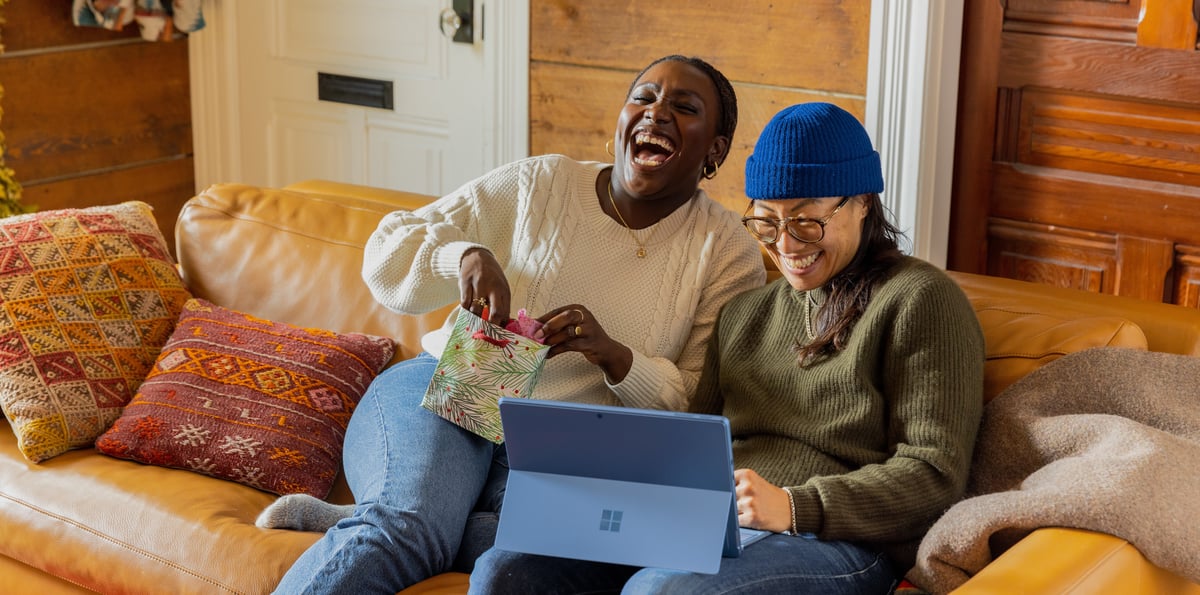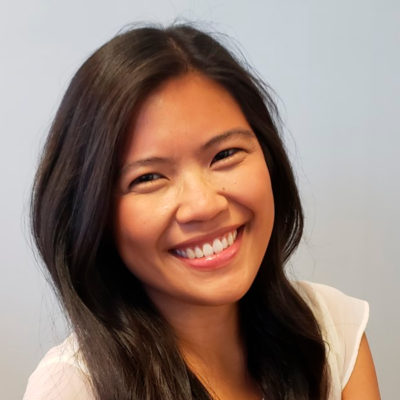
Over the course of my career working on social justice issues in different capacities (first in fundraising, then in operations, then in community engagement), I have always been drawn to the stories non-profits tell and are told: stories about impact, stories about data, stories about learning, changing, and growing.
In fundraising and operations, the stories we shared mostly revolved around data and statistics: justifying why we spent the resources we did, demonstrating the impact of specific programs and interventions, and analyzing gaps where we could do more or serve the people we were working with in a better way. I learned that we could tell meaningful stories about data, and that data was needed to validate and drive action. However, as I began to work closer with people striving to make their communities better, safer, and more equitable places for all, I learned that data can’t be the be-all end-all of sharing stories about impact.
Without the voices of lived/living experience, we don’t get the full picture of what data may be demonstrating. Without the voices of lived/living experience, we don’t know if we’re using data to do make the right, most impactful changes. Without the voices of lived/living experience, we aren’t able to connect data to the human beings behind the data. Stories about people’s experiences are what will steer data in the directions that will transform power and change systems in the most impactful and necessary ways.
On storytelling, Emily Falk, Professor of Communication, Psychology and Marketing at the University of Pennsylvania, has this to say:
“Storytelling alone, of course, can’t produce structural changes in the justice system or create better policies aimed at health, the environment and other issues that affect our well-being. But that said, changing systems large or small has to start with effective communication. Listening to someone else’s story can give us a new way of seeing the world, motivate us to care, teach values and change minds .... Our brains are wired to connect with other people, and stories offer a deeply human way to accomplish that goal.”
In my new role as Learning Lead at Communities Ending Poverty, I am most excited to share stories with and about our member communities: what is and isn’t working as they strive to end poverty, what they’re learning, and what they’re interested in learning more about. Please keep that in mind if you see me pop into your inbox!





